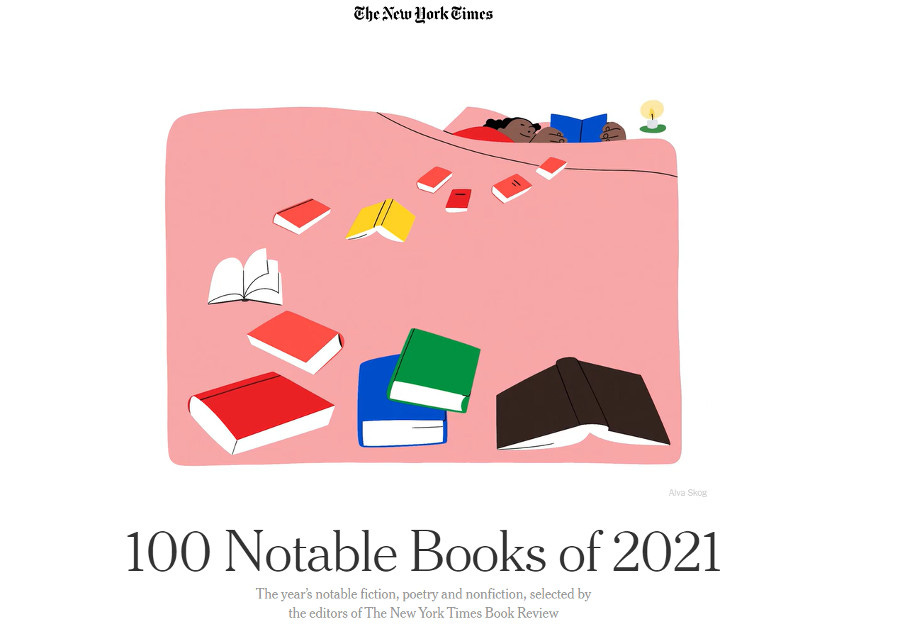Every year, it seems like the year-end signifiers— Christmas decorations in stores, colorful cups at Starbucks, grating holiday music— show up a few days earlier. In keeping with that, the New York Times “Notable Books” list has dropped. I think of this as a late December thing, but I guess it’s pre-Thanksgiving now.
As is my long-standing practice, I skimmed through the non-fiction portion of the list, which comes to a total of fifty books, looking to see how many of them are books about science. This year, it’s three: Life’s Edge by the Times’s own Carl Zimmer, Kindred by Rebecca Wragg Sykes, and The Extended Mind by Annie Murphy Paul.
That’s actually pretty good, by NYT Notable Books standards, though I’m not sure they should really get full credit. Given his day job, Zimmer’s kind of the “Free Square” on this bingo card, and the descriptions of Paul’s book seem to skew a bit more toward the self-help side than a pure science explainer. There have been multiple years since I started paying attention to this where no science books at all made the list, though, so this isn’t a bad showing.
On another level, though, this feels pretty weak. Given how many of the major problems facing the world— the giant deadly pandemic chief among them— have a scientific component, is it really appropriate for books about science to be only 6% of what’s arguably the country’s most prestigious reading list? Or, to put it another way, 14 of the 50 non-fiction titles are tagged by the Times as Memoirs— are unhappy childhoods really 4.7 times more notable than the entirety of science?
To be sure, the contents of any year’s best list will to some degree reflect what’s being published in that year, and it doesn’t take a long wander through your local big-box store to conclude that science books are a small fraction of the non-fiction output of global publishing. And I can’t claim to have a comprehensive knowledge of the science books that have been published this year— for much of the year, I was buried in finishing up my own book—to have a solid recommendation of what ought to be added.
At the same time, though, this also reflects the priorities of the people picking the list, and there’s a very definite skewing there. Science books make up the same fraction of the non-fiction list that short-story collections do on the fiction side, and account for just one more book than poetry. I can readily tell you that because both of those get their own category filters on the Web version of the list (as do memoirs), while I had to skim-read all the book descriptions to identify the science books in general non-fiction. That tells you something about the tastes and preferences of the book editors as distinct from those of the publishing business and reading public.
We are endlessly reminded these days that the choice of what we talk about— or don’t talk about— when we discuss history and policy is itself a political act, with real-world consequences. I would submit that this also applies here. If you want to understand why our collective response to Covid-19 has been such a godawful muddle from a scientific perspective, one factor to look at might be the priorities implied by the reading recommendations put out by the leading taste-makers for our educated elite.
I’d yell at this cloud for longer, but my back went out this weekend, and sitting at the keyboard for long periods aggravates it, so I’ll stop here. You get the idea. Here are some buttons you can click if you like:
and if you just want to complain about my characterization of the NYT list and what’s on it, the comments will be open. I’m going to go lie on a heating pad for a while.





You should send that as a letter to the editor. By the way I count 6 science stories out of the first 32 on their home page, so it's not like the newspaper as a whole is avoiding science.